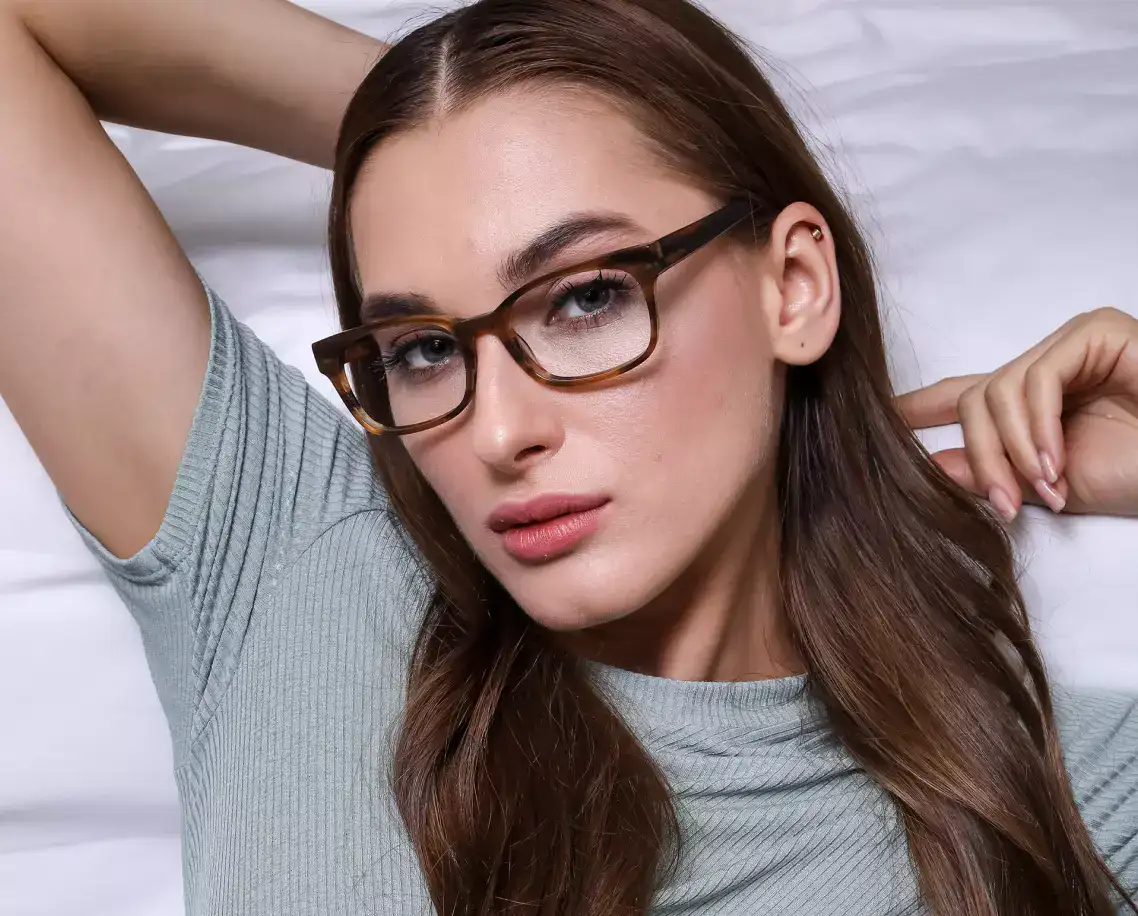TIPS & FAQ
FREQUENTLY ASKED QUESTIONS AND TIPS FOR OUR CLIENTS
How often should I have an eye exam?
It is recommended that everyone should get their sight checked at least every 2 years. Even for those who feel have perfect sight it is important that regular checks of the ocular health be maintained to avoid any potential problems in the future (e.g. glaucoma). Your eye specialist will advise if more frequent check-ups are needed (e.g. people with diabetes).

Will my eyes get worse by wearing my glasses too much?

When should a child have his/her first eye exam?
ARE CONTACT LENSES SUITABLE FOR ME?
HOW TO PREPARE FOR A VISIT?
It is important to bring information to your eye exam that will alert your optician to risks you may have for eye or vision problems.
In particular, bring a list of any prescription or non-prescription medications you are currently taking or that you took on a regular basis in the past. Include vitamins, herbs and other non-traditional remedies you may use. Also note the dosages you take for each medicine or other substance, and how long you have been taking them. If you currently wear corrective lenses, bring all pairs of spectacles you wear routinely. If you wear contacts that were prescribed elsewhere, bring a copy of your most recent contact lens prescription.
Finally, prepare and bring a list of questions or concerns that you would like to discuss with the optician.
If you are interested in speciality services such as contact lens fitting or laser surgery evaluation, be sure to mention this — both when you schedule your exam and when you check in on exam day.
CHECK YOUR EYESIGHT

